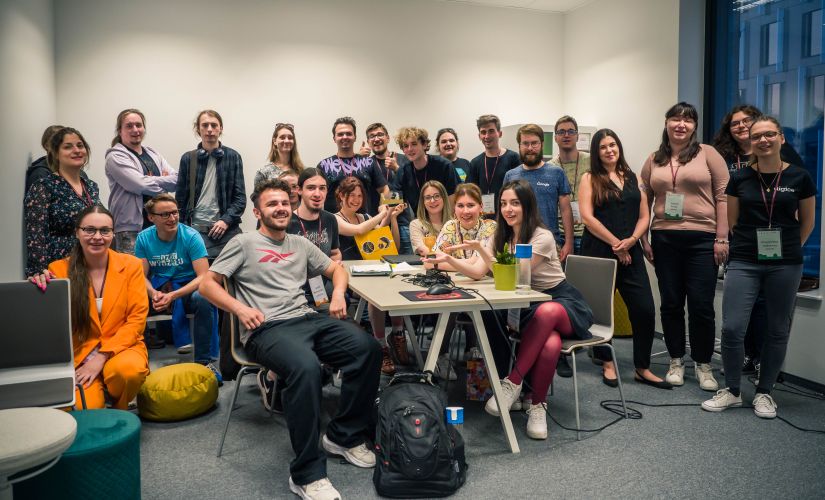The school's participants - 40 individuals from 6 countries - worked under the guidance of lecturers from international universities, as well as TME and Digica specialists. Lectures and workshops were given by Professor Morten Fjeld (University of Bergen), Professor Jacek Gwizdka (The University of Texas at Austin), and Professor Paweł Woźniak (Chalmers University of Technology), among others.
The wide-ranging program of the event was consolidated under the common theme 'Designing Interfaces for the Internet of Things." Over the course of five days, a number of workshops, seminars, training sessions, and a site visit were held to explore the ins and outs of IoT (Internet of Things) and other topics. A rare serving of practical application was provided through electronic prototyping classes and the deployment of artificial intelligence algorithms in smart home scenarios.
The workshops dealt with programming autonomous systems with Arduino, a training course on data acquisition, storage, and visualization in IoT, with one lecture on data physicalization and tangible user interfaces. Practical applications of IoT also abounded throughout the school, with a workshop where participants visualized smart home data using LEGO bricks.
For many of the young technology enthusiasts, the highlight of the Summer School was UbiHack'23 - a 24-hour hackathon, based on a user-centered design approach, whose theme was 'When smart building is trying to be smarter than you'. Seven teams grappled with technological and physical challenges as they worked around the clock under the guidance of mentors.
The winning teams had developed prototypes and project concepts drawing on the experience of Smart Building users. For more information about the Hackathon and its winners, please visit: https://fb.me/e/KP2JNHxa
The event was held under the auspices of the Rector of Lodz University of Technology, Professor Krzysztof Jóźwik.

